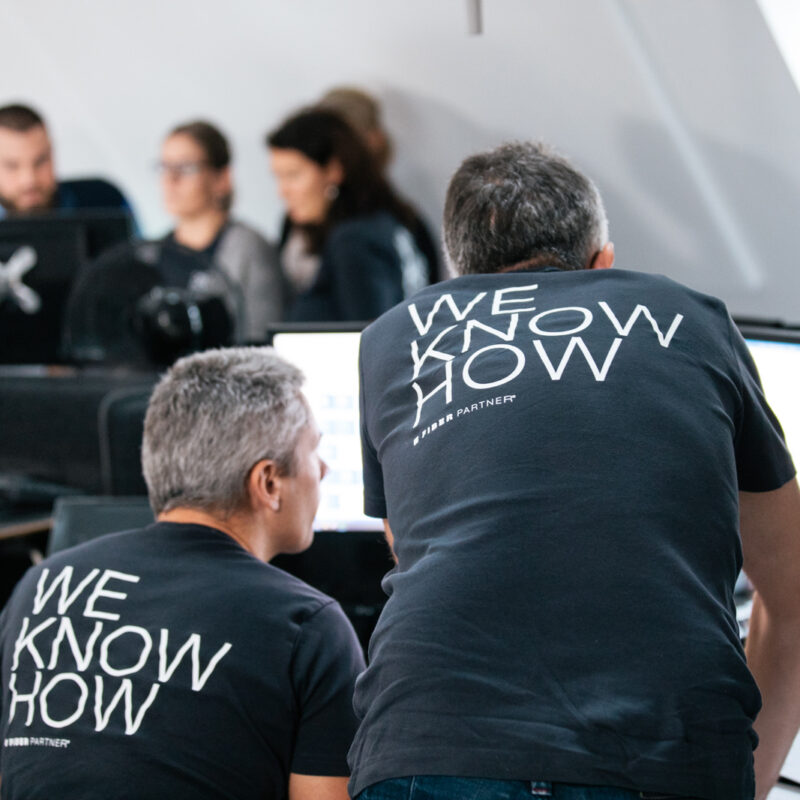Stay up-to-date with Fiberpartner news.

Stay up-to-date with Fiberpartner news.
It repurposes pre-consumer textile waste, helping reduce landfill input and reliance on virgin polyester. This approach supports more resource-efficient production and aligns with evolving market and regulatory expectations.
Fiberpartner ORBIT repurposes textile waste into new fibers, helping reduce the need for virgin raw materials. By using pre-consumer textiles, it contributes to lowering landfill input and supports more resourceefficient production.
Fiberpartner ORBIT® helps reduce the amount of textile waste sent to landfills and lowers reliance on virgin and bottle-grade polyester by incorporating pre-consumer materials into production. This approach supports more effcient resources use across the value chain.
For Fiberpartner ORBIT® textile waste is collected, sorted, melted, and extruded into recycled polyester fibers. ORBIT® will be produced through a depolymerization process that transforms textile waste into polyester with properties similar to virgin polyester.
Currently, Fiberpartner ORBIT® Basic is designed for non-food applications such as textiles and furniture. Fiberpartner ORBIT® can be produced with FDA approval for food-related use.
Fiberpartner ORBIT® Basic is slightly more affordable than traditional recycled polyester, making it an economical option for manufacturers.
Yes, it meets recognized industry standards and certifications such as REACH, GRS, OEKO-TEX Class 1.
Fiberpartner ORBIT® Basic is suitable for cost-effective fillings, furniture, cushions, and automobile interiors. Fiberpartner ORBIT® is ideal for bedding, clothing, and high-performance textiles.
Unlike recycled polyester made from PET bottles, Fiberpartner ORBIT® uses pre-consumer textile waste as its primary raw material.
Pre-consumer textile waste includes fabric scraps, cut-offs, and other remnants generated during textile production that would otherwise go to waste.